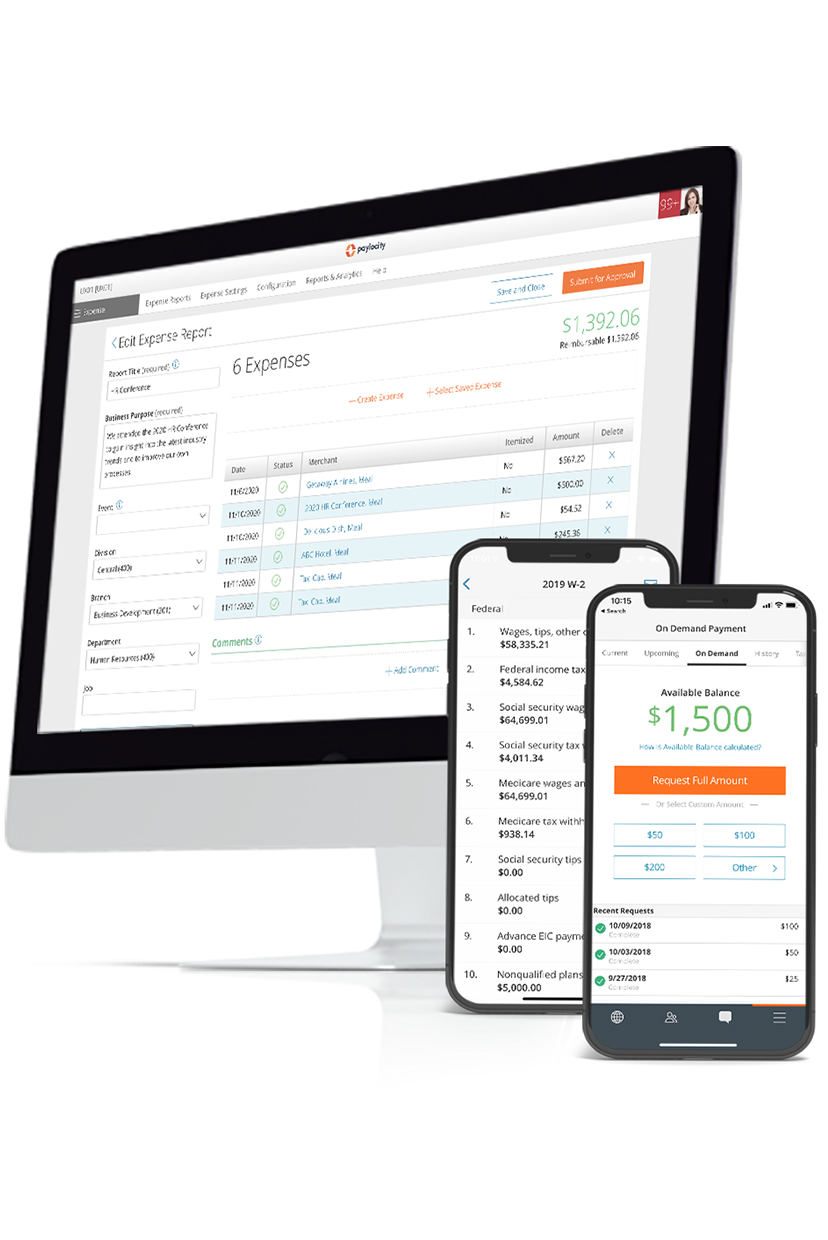Exempt Employee
Summary Definition: An employee, typically in an executive, administrative, or professional role, who isn’t eligible for federal minimum wage protections or overtime pay due to their specific job duties and compensation levels.
What is an Exempt Employee?
An exempt employee is a worker who isn’t subject to the minimum wage and overtime pay rules established under the Fair Labor Standards Act (FLSA). Exempt employees are typically paid on a salaried basis and must meet specific criteria related to their compensation and job responsibilities to qualify for exemption.
An exempt worker must earn more than $684 weekly (or $35,568 annually) and often performs corporate or strategic tasks with little to no direct supervision. Roles with an exempt status usually include executive, administrative, or professional (EAP) positions, such as outside sales or computer-based responsibilities.
What is FLSA?
The 1938 Fair Labor Standards Act is a cornerstone of U.S. employment law, governing wage practices and working conditions for private employers and government entities. Enforced by the Department of Labor’s (DOL) Wage and Hour Division, FLSA compliance is a critical priority for private and public employers of all sizes and industries.
The law initially established basic employment standards, such as minimum wage rates, overtime eligibility, and youth labor regulations. Subsequent amendments, however, expanded the act’s guidance and requirements, making accurate employee classification paramount.
Exempt employee rules, for instance, usually apply to hourly workers, but salary-based roles can also qualify as non-exempt if their total compensation fulfills the FLSA’s salary level test. In other words, a salaried worker isn’t necessarily an exempt employee, meaning they, too, could receive overtime pay.
Exempt vs. Non-Exempt Employees
Exempt employees are not entitled to (i.e., exempt from) FLSA overtime pay protections. Conversely, non-exempt employees are often paid hourly wages and assigned routine or manual tasks under direct supervision.
To determine who is exempt from overtime pay, employers must carefully classify workers based on three FLSA tests for wage basis, thresholds, and job duties. Misclassifying a worker as exempt vs. non-exempt can result in expensive penalties and possible lawsuits for unpaid wages and overtime earnings.
A worker must meet all of the following criteria to qualify for exempt status under the FLSA’s exempt employee definition:
- Salary Level: Employees must receive more than $684 a week (or $35,568 annually).
- Salary Basis: Employers must pay the wages as a fixed, predetermined salary, unaffected by the work performed.
- Job Duties: Some exceptions aside, the role must primarily involve executive, administrative, or professional responsibilities.
Thus, if an individual earns less than $684 a week, even as a salaried employee, they can be entitled to overtime pay as a non-exempt worker.

Save Time with Stress-Free Payroll Solutions
Payroll doesn’t have to be complicated, but it does have to be right. Stay compliant, collect employee data, and streamline tax filing – all while putting time back in your day with our automated payroll software. With the assurance of an error-free workflow, you can get back to what matters most – your people. Learn how our modern solutions get you out of the tactical and back to focusing on the bigger picture.